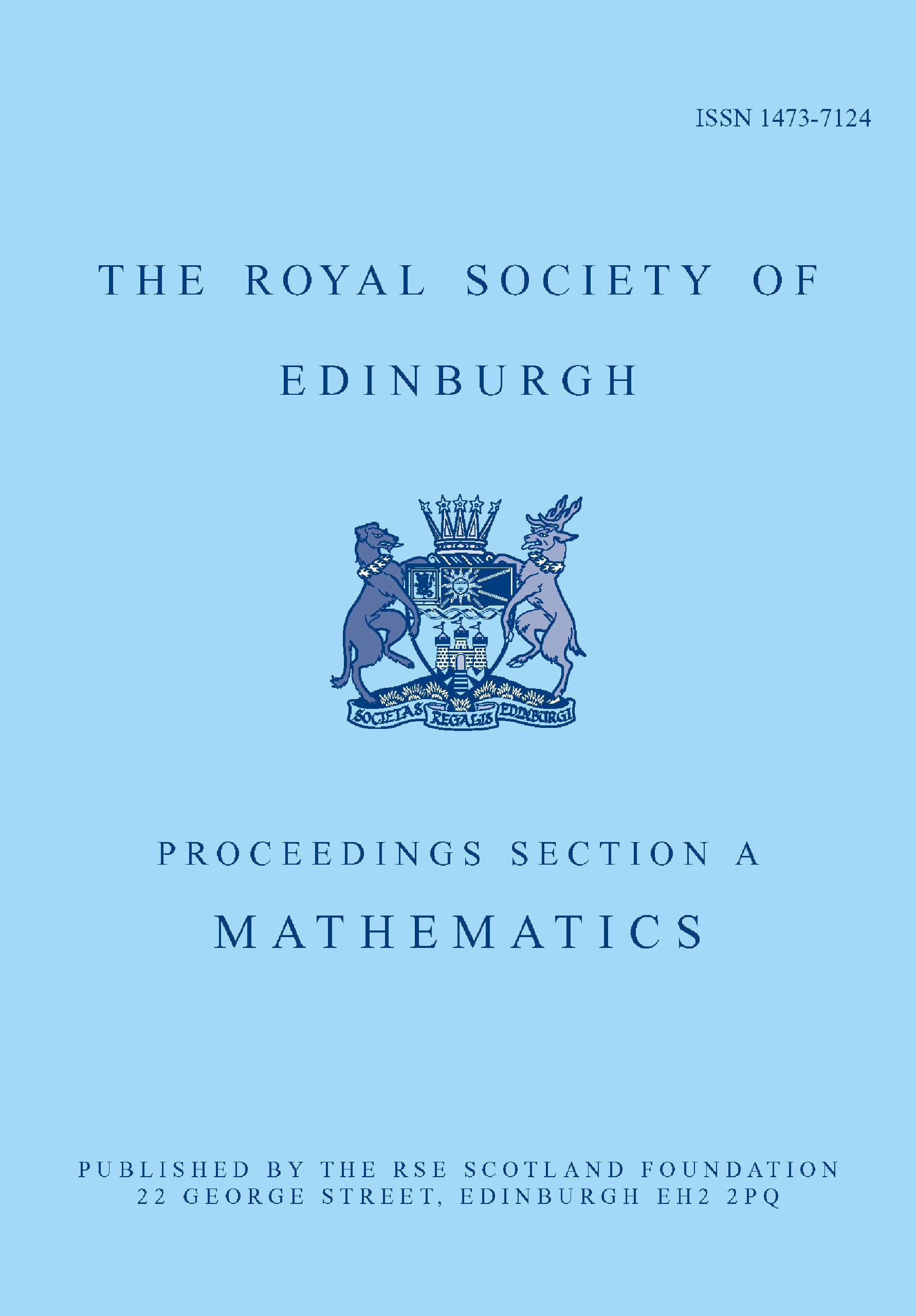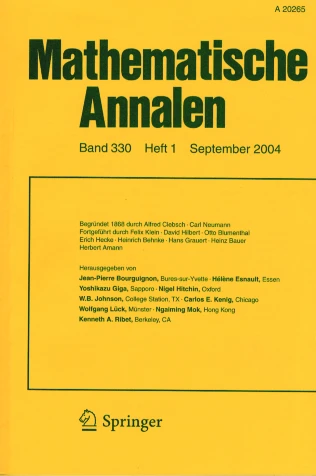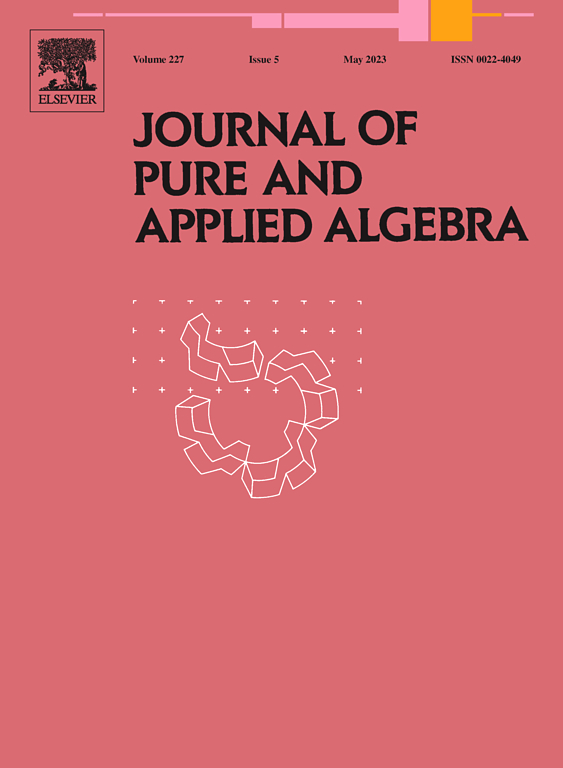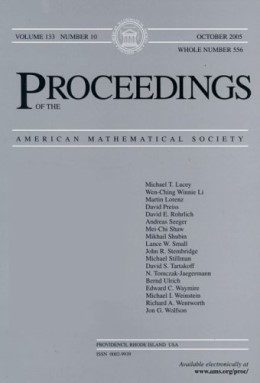Research
My main research interests fit mostly inside the broader field of Algebraic Topology (leaning towards the more algebraic side). They include homological algebra and (equivariant and relative) group cohomology, fusion systems, and category-like homotopy invariants, such as sectional category and topological complexity.
Currently, I am also very interested to engage more with category theory tools and problems in geometric topology and geometric group theory. At any case, I am always eager to learn and discuss new topics, so feel free to reach!
I was the principal investigator of the Polish National Center of Science grant 2022/45/N/ST1/02814 PRELUDIUM.
I am new member of the research group of analytic and geometric group theory at IMPAN, led by Piotr Nowak. I am co-organising the seminar “Analytic and geometric group theory at IMPAN” with my fellow PostDocs Mark Pengitore and Alexis Marchand, check the seminar here!.
Below you have a list of my different papers, either already published or in submission or preparation. Please notice that, for the published ones, the final version and the current arXiv manuscript may significantly differ.
Publications
On properties of Effective Topological Complexity and Effective Lusternik-Schnirelmann Category
with Zbigniew Błaszczyk and Antonio Viruel.
Proceedings of the Royal Society of Edinburgh Section A: Mathematics (online).
The notion of effective topological complexity, introduced by Błaszczyk and Kaluba, deals with using group actions in the configuration space in order to reduce the complexity of the motion planning algorithm. In this article we focus on studying several properties of such notion of topological complexity. We introduce a notion of effective LS-category which mimics the behaviour the usual LS-cat has in the non-effective setting. We use it to investigate the relationship between these effective invariants and the orbit map with respect of the group action, and we give numerous examples. Additionally, we investigate non-vanishing criteria based on a cohomological dimension bound of the saturated diagonal.
2025 [doi] [arXiv]
Sequential topological complexity of aspherical spaces and sectional categories of subgroup inclusions
with Michael Farber, Stephan Mescher and John Oprea.
Mathematische Annalen 391 Issue 3 4555-4605.
We generalize results from topological robotics on the topological complexity (TC) of aspherical spaces to sectional categories of fibrations inducing subgroup inclusions on the level of fundamental groups. In doing so, we establish new lower bounds on sequential TCs of aspherical spaces as well as the parametrized TC of epimorphisms. Moreover, we generalize the Costa–Farber canonical class for TC to classes for sequential TCs and explore their properties. We combine them with the results on sequential TCs of aspherical spaces to obtain results on spaces that are not necessarily aspherical.
2025 [doi] [arXiv]
On the sectional category of subgroup inclusions and Adamson cohomology theory
with Zbigniew Błaszczyk and José Gabriel Carrasquel-Vera.
Journal of Pure and Applied Algebra, 226 Issue 6 106959.
The sectional category of a subgroup inclusion can be defined as the sectional category of the corresponding map between Eilenberg–MacLane spaces. We extend a characterization of topological complexity of aspherical spaces given by Farber, Grant, Lupton and Oprea to the context of sectional category of subgroup inclusions and investigate it by means of Adamson cohomology theory.
2022 [doi] [arXiv]
A cohomological characterization of nilpotent fusion systems
with Antonio Díaz Ramos and Antonio Viruel.
Proceedings of the American Mathematical Society, 146, 1447-1450.
We provide a nilpotency criterion for fusion systems in terms of the vanishing of its cohomology with twisted coefficients.
2018 [doi] [arXiv]
Preprints
Sectional category and sequential topological complexity of aspherical spaces as A-genus
In this paper we characterize the sectional category of subgroup inclusions and the r-sequential topological complexity of aspherical spaces of a group G in terms of the A-genus in the sense of Clapp-Puppe and Bartsch for a suitable one-element family of G-spaces A, and we discuss some of the consequences of such characterization, including new ideas about notions of category-like invariants with respect to proper actions of groups.
(Submitted)
2025 [arXiv]
Thesis
Topics on Topological Robotics: On topological complexity of Eilenberg-MacLane spaces and effective topological complexity
supervised by Wacław Marzantowicz
Faculty of Mathematics and Computer Science, Adam Mickiewicz University in Poznan
My thesis revolved around the study of the relationship between different category-like homotopy invariants (mainly sectional category and sequential topological complexity) and groups, through two different and complementary approaches: by studying such invariants of K(G,1)-spaces, and by investigating properties of a certain equivariant version of topological complexity of G-spaces, the effective TC of Błaszczyk and Kaluba.





